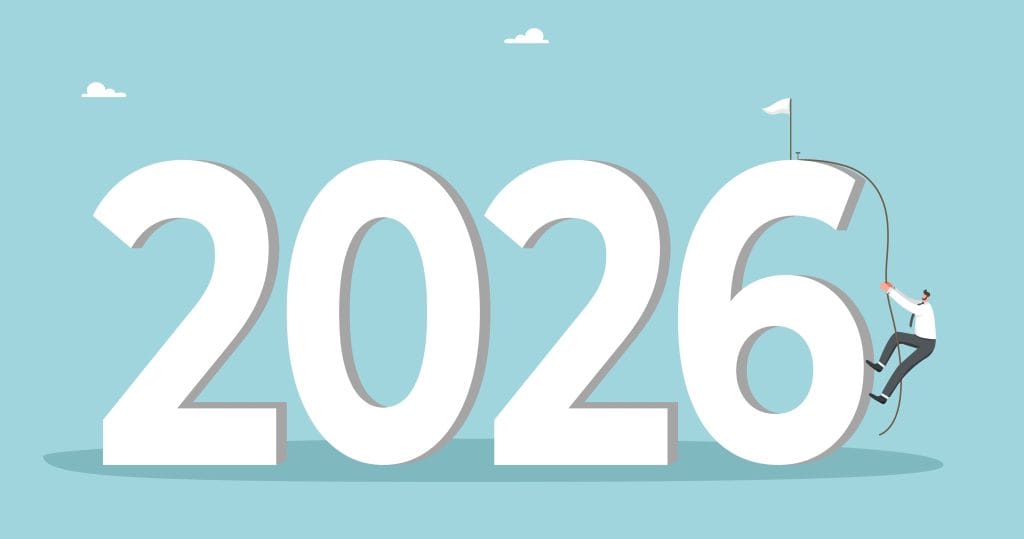Last updated on November 28th, 2025 at 06:49 pm
Last updated on November 5th, 2025 at 01:37 am
 Note: This article is directed primarily at the hiring of new dental front desk staff. While some of the information in this article could be applicable for other new staff in the practice (i.e. new dental assistants, etc.), depending on the state you are in, some back office staff may need various types of certification, training or licensure prior to placement or performing certain tasks. When in doubt, check the laws of your state and your state Dental Practice Act to ensure you are in compliance.
Note: This article is directed primarily at the hiring of new dental front desk staff. While some of the information in this article could be applicable for other new staff in the practice (i.e. new dental assistants, etc.), depending on the state you are in, some back office staff may need various types of certification, training or licensure prior to placement or performing certain tasks. When in doubt, check the laws of your state and your state Dental Practice Act to ensure you are in compliance.
When you’re in the market for a new employee at the front desk, an applicant with dental experience that is also the right fit for your practice is not always an easy find. If you find yourself in this boat, you might be considering a few candidates with no dental background. While experience in the industry is helpful, it’s not, in my opinion, more important than finding someone who is a good fit for the practice (given that you make the effort to train them properly).
The employee you’re looking for at your front desk is someone who is friendly, contributes to a pleasant atmosphere in your practice and can get their job done. The dental specific aspects of the job can be learned quickly, assuming you’ve found someone who wants to learn and do a good job.
For more information on the interview process itself and how to find the right employee for your practice, see these other articles from MGE executives and staff: Common Hiring Mistakes and Evaluating Employee Performance.
Can it Work with No Experience?
I’ve worked with quite a few dentists who, through proper training, turned an employee with no experience into an incredibly valuable part of their team. So, yes, I am a firm believer that it can work!
We had a new office manager come to MGE for training whose background was in baking (she was a professional baker/pastry chef). Zero dental experience. She did the MGE Office Manager Training, became familiar with a dental office on the job, and exceeded everyone’s expectations. Within a year, she helped build a scratch practice from zero to over $100,000 per month in collections. Her secret: she approached the job as a professional, learned the terminology, became familiar with her surroundings and applied what she learned on our program.
Our online training program, DDS Success, enables you to train your entire team in the comfort of your own office. It includes job-specific training for each position in the office and management systems to help your practice operate smarter and more efficiently. I highly recommend going to www.ddssuccess.com for more details.
Getting Started on the Right Foot
If you do end up hiring a front desk employee with no prior dental experience, are there ways to get them quickly “on the job” or productive?
Here’s an approach I’ve seen work:
Prior to their first day, make a checklist of everything they would need to be trained on for their job. What you would include depends on their exact job description. An example of some checklist items may be:
- Answering the phone (this may include learning a script, fielding insurance questions, and scheduling new patients)
- Gathering patient information; completing appropriate forms
- Entering patient/insurance information to the computer
- Making recall appointments
- Making appointments for the doctor
- Calling patients with outstanding treatment to schedule them for re-evaluations with the doctor
- Working with daily scheduling targets and how to achieve them
This is just an example of some of the items you might find on one, and again, we cover all of this on DDS Success.
Prepare to train your new employee well before he or she arrives. This way, you aren’t scrambling around on the new employee’s first day of work. If you need scripts for answering the phone, have those ready before they arrive. Whoever in your office already has experience doing the duties covered on the checklist – whether it’s the office manager, receptionist, or yourself – should help put the checklist together and preferably take the newly hired employee through their portion of those duties themselves. It should include all the ins-and-outs the new employee will encounter on the job.
(Related: 4 Tips for Hiring Great Front Office Staff)
 Obviously, before you start a new employee on the checklist of tasks for their job, they will have to fill out certain on-boarding and new hire paperwork (W-2, I-9 Form, emergency contact information, etc.) and you will need to show them their work station, where they sit, keep their things, etc., and introduce them to all the staff. Ensure the new employee understands all the positions in the office, particularly who their direct supervisor is, so they know who they should go to if they have a question or a problem. You should of course also provide them with a company general policy manual (which would include among many other things: dress code, hours, how to clock in and out, vacation time, bonus plans, etc.).
Obviously, before you start a new employee on the checklist of tasks for their job, they will have to fill out certain on-boarding and new hire paperwork (W-2, I-9 Form, emergency contact information, etc.) and you will need to show them their work station, where they sit, keep their things, etc., and introduce them to all the staff. Ensure the new employee understands all the positions in the office, particularly who their direct supervisor is, so they know who they should go to if they have a question or a problem. You should of course also provide them with a company general policy manual (which would include among many other things: dress code, hours, how to clock in and out, vacation time, bonus plans, etc.).
Once you have done these introductory tasks, take the new employee through the checklist. This means having them actually do the work under your supervision (or the supervision of another employee who is experienced in those job duties).
As the new employee runs through this checklist, it is important not to overwhelm them by rushing through it too quickly. Do one step at a time and get them proficient at it. Don’t try to train them on several things at once. Take them through the first step (answering the phone in the example above) until they have it down cold. Have them take phone calls (under supervision) until they’ve clearly demonstrated that they can handle it and have taken a number of calls mistake or stumble free. Then move onto the next step, and do the same routine with that one.
If the person is having a real rough time of it and keeps making mistakes, you may find that you rushed them through the earlier steps too quickly. Go back and make sure you’re going at the right pace. If you do that and they still can’t do a step competently and mistake-free after a few days, then you may need to re-evaluate if this person is a good fit for your practice and whether they actually have the skills you need. Remember, you are training them on what is unique to dental practices in general – and to your office in particular – not basic administrative skills.
Taking the time to do this checklist is key. Instances I’ve seen where a hire with no experience turned out badly usually boiled down to one of two things:
- Nobody took the time and care necessary to train them properly
- It wasn’t the right person for the job for reasons that have nothing to do with prior experience (see the articles linked to above)
While it’s obvious to just about everyone that a new employee should be trained, most employers have a tendency to do it in a hurried or disorganized manner. This can lead to employee mistakes and higher turnover. Having a full checklist and making sure your new hire can perform each step before going onto the next one can make a world of difference. Six months from now you don’t want to find yourself wondering why new patients have dropped off, only to find that (due to poor training) the new front desk employee never got comfortable answering insurance questions.
(Related: The Do’s and Don’ts of Hiring Dental Office Staff)
I can’t tell you how many times I’ve seen a new employee get neglected or poorly trained. When this employee performs poorly, the doctor thinks they have a “bad employee” when really that employee was never shown how to do their job! Or, as it sometimes happens, the employee is not given enough information about how their job contributes to the practice as a whole, then they feel like they’re not really contributing to the success of the organization, become dissatisfied, and then eventually quit.
So, train new people thoroughly. Try using a checklist. It can save you from multiple future headaches. If you don’t have an office manager or other staff member who can concentrate on training the new employee like this, you may have to come in on a day or two when you’re usually closed (such as a Friday or Saturday) and take them through the basic tasks of their job yourself. It’s usually worth it in the long run. You’ll end up with a much better staff member.
And again, our online training platform at www.ddssuccess.com makes this training process a lot easier and more efficient for you.
As your office grows, the need to build a great staff team grows with it. That’s why much of our training on the MGE Power Program has to do with how to train, organize and manage staff. To learn more, give us a call at (800) 640-1140.
I hope this helps!


